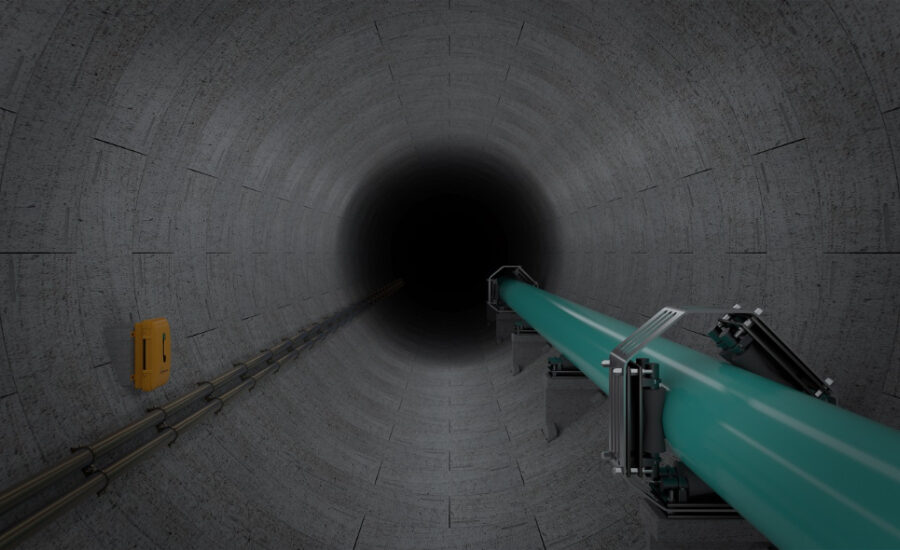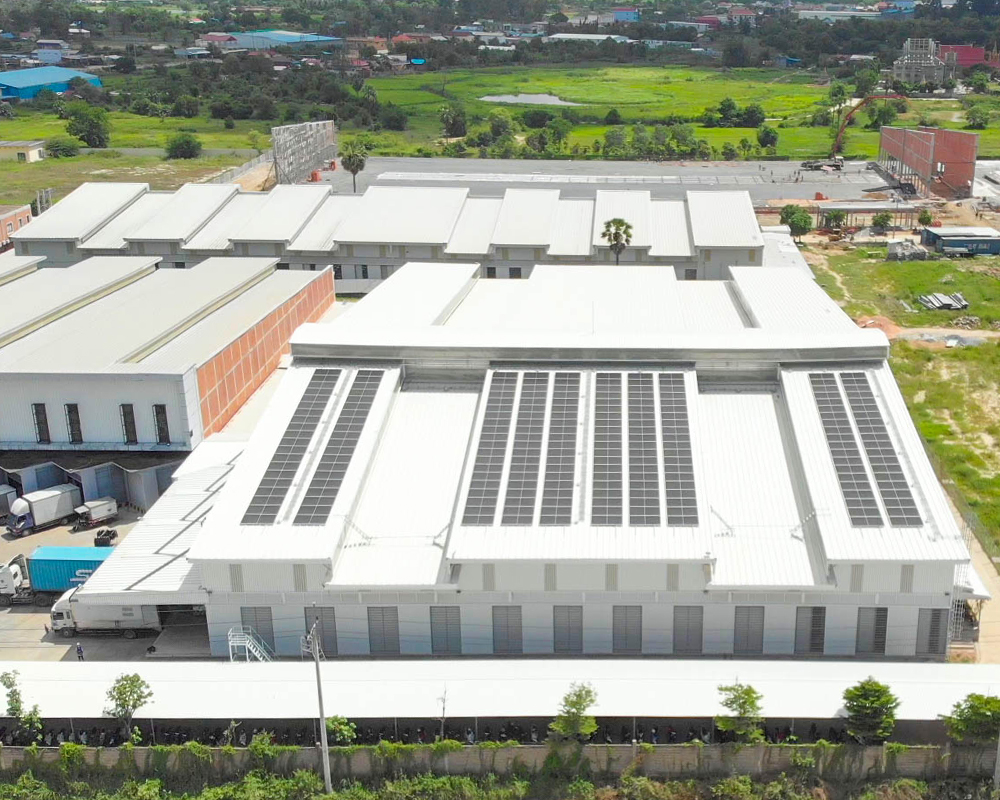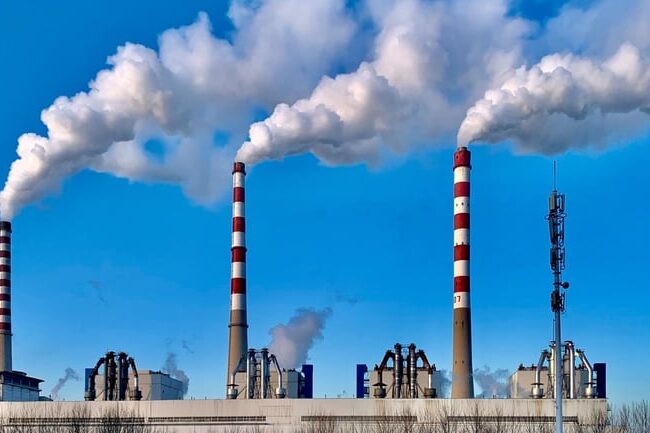
States’ Suit Targets Trump ‘Energy Emergency’ Order in Fast-tracking Project Permits
[ad_1]

Fifteen states are suing President Donald Trump over his Jan. 20 executive order that declared a “national energy emergency,” which their Democratic run governments allege is unlawful. Their federal suit argues th there is no actual emergency, just an administration intent to fast-track certain projects through environmental permit reviews.
The order was part of a slate of day-one directives Trump issued on Inauguration Day. It directs federal agency heads to expedite permitting for energy-related projects using “any lawful emergency authorities available to them.” In remarks at the time, he blamed inflation partly on escalating energy rates and said that “We will drill, baby, drill” to bring prices down.
The suit, filed May 9 in federal district court in Seattle, also names the U.S. Army Corps of Engineers and the Advisory Council on Historic Preservation, as well as several agency leaders. as defendants. State officials in the suit want a judge to declare the order unlawful and to block the agencies from issuing permits on an emergency basis related to the order.
The states argue in their suit that the order is an unlawful reach beyond the president’s legal authority. Historically, the Corps and other agencies have used emergency procedures for projects needed in the aftermath of disasters such as the 2010 Deepwater Horizon oil platform explosion or severe damaging storms.
“The invocation of the country’s emergency authorities is reserved for actual emergencies—not changes in presidential policy or because the president feels like it,” California Attorney General Rob Bonta said in a statement. “These procedures misuse authorities meant for disaster response and bypass important health and environmental protections for the benefit of the fossil fuel industry.”
In his order, Trump stated that expanding national energy infrastructure “is an immediate and pressing priority” to protect national and economic security. Administration officials have not yet formally responded to the suit, but a White House spokesperson told the Associated Press that the president “has authority to determine what is a national emergency, not state attorneys or the courts. {He] Trump recognizes that unleashing American energy is crucial to both our economic and national security.”
By bypassing normal regulatory processes, states say the hastened permitting will result in environmental damage.
“Environmental regulations exist because we’ve seen what happens when they don’t,” said Casey Sixkiller, Washington Dept. of Ecology director, in a statement. “The federal administration is proposing an end-run that ignores the hard lessons of the past. These protections aren’t red tape—they’re guardrails that protect our air, water, land, and keep our families safe.”
States participating in the suit include Arizona, California, Connecticut, Illinois, Maine, Maryland, Massachusetts, Michigan, Minnesota, New Jersey, Oregon, Rhode Island, Vermont, Washington and Wisconsin. Other than Vermont and Wisconsin, the states also are part of a group of 17 states and District of Columbia that just sued the Trump government over his order temporarily halting permitting approvals for wind energy projects.
But federal officials have already taken action to fast track energy project reviews. The Corps identified hundreds of projects to expedite under the directive. Earlier this month, agency officials in Detroit cited the order when they announced an accelerated timeline for review of Enbridge Energy’s proposed Line 5 Tunnel Project to build a replacement oil and natural gas liquids pipeline tunnel under the Straits of Mackinac in Lake Michigan.
Public comment on the Line 5 project’s environmental impact statement was moved up from sometime next year to 30 days ending June 30, and Corps officials said they anticipate issuing a decision this fall.
Legal Battlefield
The lawsuit is
the latest salvo in a series of developing legal battles over energy,
pollution and climate change—with parties that include groups of
attorneys general organized by political affiliation, oil and gas companies, industry
groups and federal and state governments turning to the courts to answer questions about determining climate liability and seeking
relief.
The
administration announced May 1 legal action to prevent states from suing
or recovering costs from fossil fuel companies related to climate
change, with the U.S. Dept. of Justice on April 30 filing lawsuits against Michigan and Hawaii and
complaints against New York and Vermont.
The
suits filed against Hawaii and Michigan were preemptive, intended to
block the states from suing oil and gas companies, measures they were exploring. The planned legal steps are “unlawful state overreach that would threaten [U.S.] energy independence,” said Acting
Assistant Attorney General Adam Gustafson in the agency’s environment and
natural resources division. Justice also called “overreach” Hawaii’s suit announced May 1 against
fossil fuel companies.
Hawaii Attorney General Anne Lopez termed Justice involvement a “direct attack on
Hawaiʻi’s
rights as a sovereign state,” and said
the state would “vigorously oppose this gross federal overreach.”
Hawaii
filed against seven oil and gas companies and subsidiaries, as well as
the American Petroleum Institute for what it described as “deceptive
conduct leading to the current climate crisis,” in a press release. “Hawaiʻi
has spent, and will continue to spend, substantial sums to recover from
and adapt to climate change-induced harms,” said the suit. It calls for the firms and lobby group to “abate, directly or through an abatement fund, the
harm caused by their conduct.”
The complaints
against Vermont and New York pertain to state laws allowing them to
recover costs from fossil fuel companies—up to $75 billion over 25 years
per New York’s law—to be used for infrastructure and climate adaptation
work. Justice wants the laws declared unconstitutional,
claiming they are “preempted by the federal Clean Air Act” and other federal authority.,” according to the press release.
Vermont’s
first-in-the-nation Climate Superfund Act and New York’s Climate Change Superfund
Act were enacted last year, with several other states
considering similar legislation.
The laws
were already are being challenged by the institute and
U.S. Chamber of Commerce last year, and attorneys general from 22 states and several industry group
against New York law in February. West Virginia Attorney
General JB McCuskey termed the New York law also “unconstitutional.” Following the
DOJ’s May 1 announcement, 24 Republican attorneys general asked to join
the lawsuit against Vermont.
With state and municipal actions against fossil fuel companies growing, the Justice legal moves may interrupt that momentum.
“The unusual decision to preemptively file
lawsuits against Hawaii and Michigan (rather than intervene in active
lawsuits by other states) suggests that the [agency’s] recent lawsuits were
at least in part an attempt to discourage states from bringing new legal
actions,” says an analysis by law firm Foley & Hoag. “Only
time will tell whether these attempts … will have a lasting impact on state policies and
continued efforts to pass other state Climate Superfund laws.”
[ad_2]
Source link
Post a Comment
You must be logged in to post a comment.






